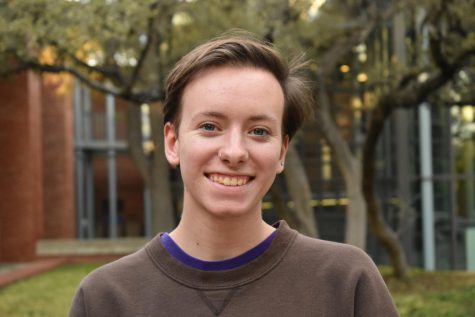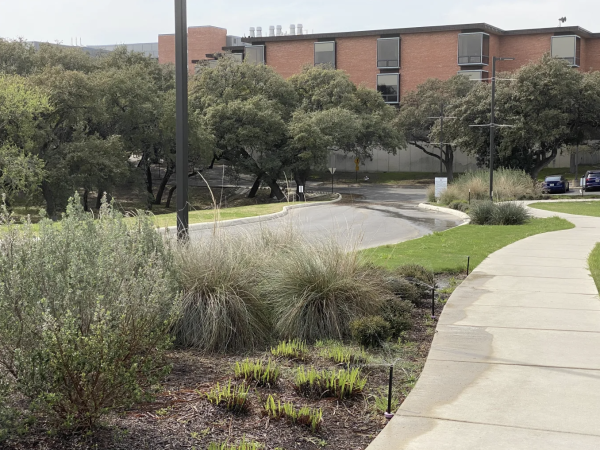The generation of adaptation
It happens in more classes than one might think; history, of course, but also English. Economics. Theatre. Political Science.
“Do you know where you were on 9/11?” The professors ask. “Wait, were you even born yet?”
The current senior class is the last class at Trinity born (with exceptions) before 9/11. In fact, this academic year is the first time that all Trinity classes were born in the 21st century (again, with some exceptions). Although we grew up within post-9/11 culture and have heard others’ accounts, this is no longer the all-defining moment it once was for young people. We could tell you where we were when same-sex marriage was legalized, when the National Guard stormed Ferguson, Missouri and certainly when the Supreme Court struck down Roe v. Wade. On lighter notes, we could tell you about our favorite Disney movies we watched on VCR or give you a 101 tutorial on the latest social media apps.
Trinity students represent a strange generation, and even between the four years, there are massive generational differences. While we were growing up, we were lumped in with millennials, but now, we tend to fall under Gen-Z. However, this doesn’t mean we lack a generational identity. And it doesn’t mean we know nothing about 9/11 or the time before TikTok. In fact, this blurriness of a 21st-century upbringing defines us in an important way: we know change, and we know it well.
At the Trinitonian’s last story idea meeting (SIM), the newsroom erupted when someone brought up generational differences. Yes, we know how a dial-up phone works, we know you have to rewind a tape before you can watch or listen to it again and we can read analog clocks. Older generations love telling us we know technology and technology only as if children today never go outside to play or use their imaginations. They also often assume we’re ignorant of the history and culture of the recent past. Since we came of age in a politically and technologically unstable world, we may even understand things like dial-up phones or the repercussions of 9/11 more than those older than us.
Current Trinity students, especially having experienced college during a pandemic, are master adapters. We are able to let go of things when they no longer make sense, but we take what is valuable to rebuild it into something new. Thanks to an increasingly connected internet, we are critical of our past and present and are capable of doing credible research with just our fingertips and a phone screen.
All of this is to say: no, we might not have been born before whatever historic event our professors decide to bring up. We actually never saw a day of the 20th century, but this is not a deficit to our odd generation. Straddling the line between millennial and Gen-Z, we are able to make our own space not defined by dates or objects, but defined by transformation.

I am a senior French and Earth Systems Science double major from St. Louis, MO. When I'm not wearing my EIC hat, I am also a Chapel | Spiritual Life Fellow,...




